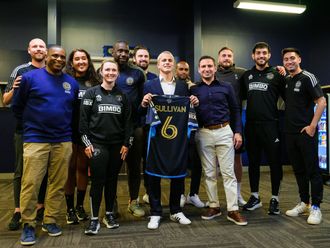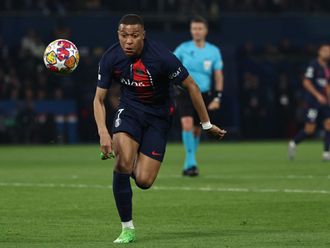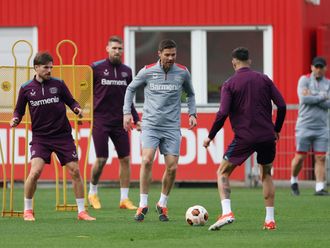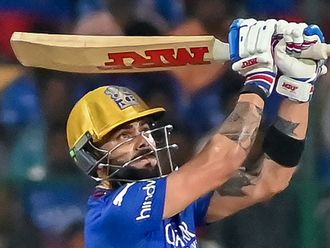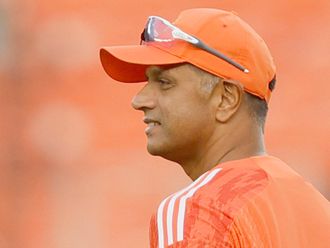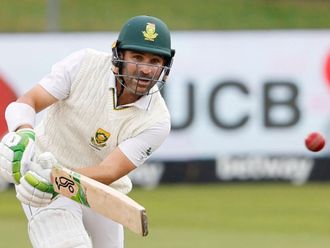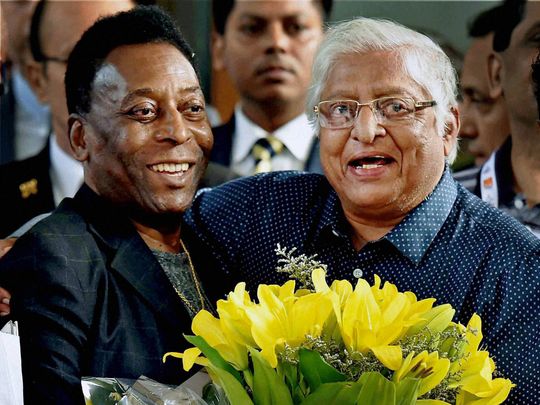
Dubai: Name a former Indian football captain who also led his state in first class cricket? The answer will be a no-brainer for the sports quizzers as even after more than half a century, nobody could emulate Chuni Goswami’s feat in his country.
Goswami, the captain of 1962 Asian Games gold-medal medallist team in Jakarta, India’s best-ever definitive triumph in the game till date, passed away in a private city hospital in the eastern India metropolis of Kolkata due to age-related illnesses. He was 82 and is survived by his wife Basanti and son Sudipto.
“He suffered a cardiac arrest and breathed his last in the hospital at around 5 pm,” a family source said.
He was no Dennis Compton (the English hero who scored 17 Test centuries and lifted a FA Cup for Arsenal) alright, but the versatility of Goswami as an athlete was unique by any standards in the Sixties - the romance about which lingered well into the new millennium. A glamour boy of his times, Goswami - alongwith Uttam Kumar - the matinee idol of Bengali film industry enjoyed a huge fan following which stretched much beyond the realm of the Maidan. Extremely popular in Kolkata’s social circles even a few years back till his health started failing him, Goswami also adorned the chair of Sheriff of Kolkata - a post which was more of a legacy of the British colonial period but carried it's own aura.
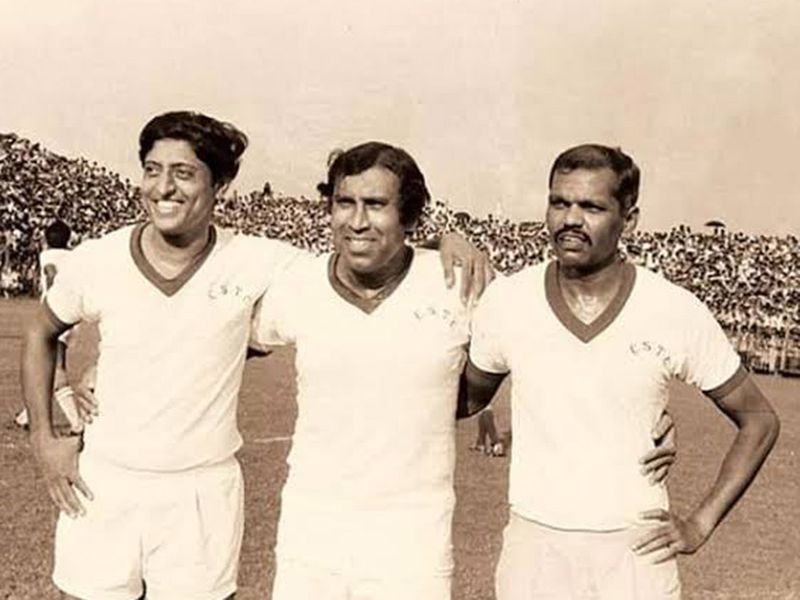
Retiring from football at an extremely young age of 27, during which he never switched his loyalties from Mohun Bagan Club, Chuni da (a term of endearment among Bengalis) remained a quintessantial maroon-and-green loyalist throughout his life and held a series of important positions in the club. Goswami then focused more on cricket, where he represented Bengal in 46 first-class games between 1962 and 1973. He even led the state to a Ranji Trophy final in 1971-’72 before losing to the mighty Mumbai and played for East Zone as well.
Back in 1966, Goswami was one of the two bowlers (the other being Test player Subroto Guha), who plotted the historic innings defeat of Gary Sobers’ West Indies by the combined Central and East Zone team under Hanumant Singh in Indore. He took eight wickets with his gentle in-swingers - a performance which led to a clamour for his inclusion in the Test squad but never materialised.
Both him and his brother Manik Goswami were also decent tennis players and used to be the soul of Calcutta South Club - where Chuni would be seen unwinding in the company of some of the Indian tennis legends like the late Premjit Lal, Jaideep Mukherjee and Akhtar Ali.
The news of Goswami’s death comes on a gloomy Thursday as the nation was still coping with a double-blow in the entertainment industry, which had lost Irrfan Khan and Rishi Kapoor in a span of 24 hours. What’s more uncanny is that Goswami’s longtime friend and partner-in-crime, P.K.Banerjee, passed away only on March 20 as Indian football lost two of their doyens within a month. Tulsidas Balaram, the lone surviving member of the feared trio, will be a disillusioned man today.
An Arjuna and Padmashree awardee, Goswami became only the third Indian footballer after Gostho Paul (1998) and Talimeren Ao (2018) on whose name a commemorative stamp was issued by the Indian Postal Services, the largest postal network in the world, this January.
RIP Chuni Goswami...


